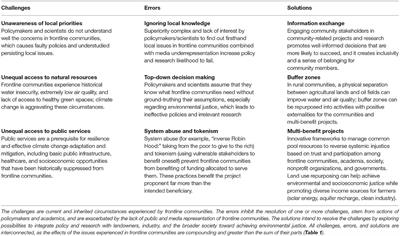EDITORIAL
Published on 31 Oct 2022
Editorial: Gender and social consideration in climate and impacts research and services
doi 10.3389/fclim.2022.1038266
- 435 views
5,278
Total downloads
33k
Total views and downloads
EDITORIAL
Published on 31 Oct 2022
POLICY BRIEF
Published on 25 May 2022
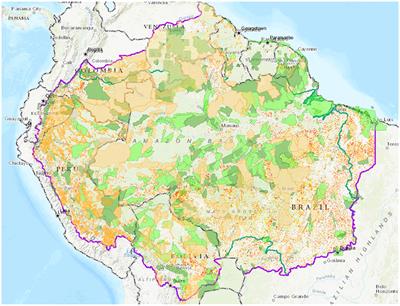
ORIGINAL RESEARCH
Published on 23 May 2022
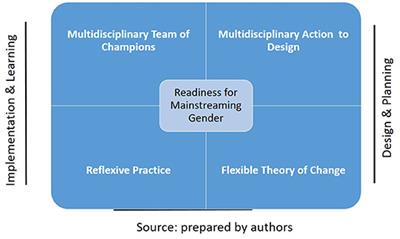
ORIGINAL RESEARCH
Published on 13 Dec 2021
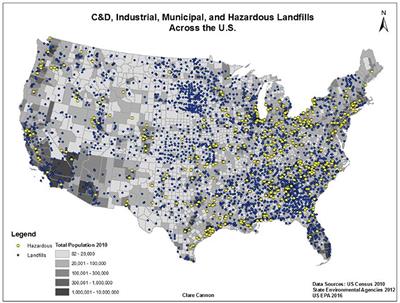
METHODS
Published on 10 Dec 2021
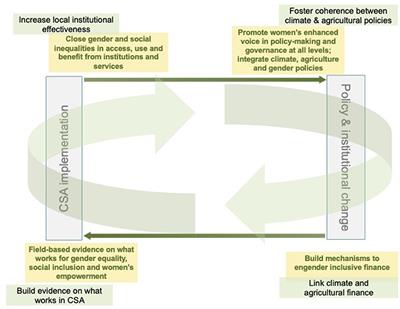
ORIGINAL RESEARCH
Published on 09 Sep 2021
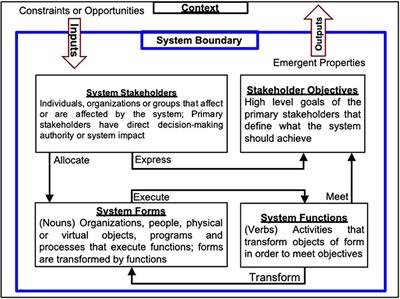
PERSPECTIVE
Published on 06 Sep 2021
